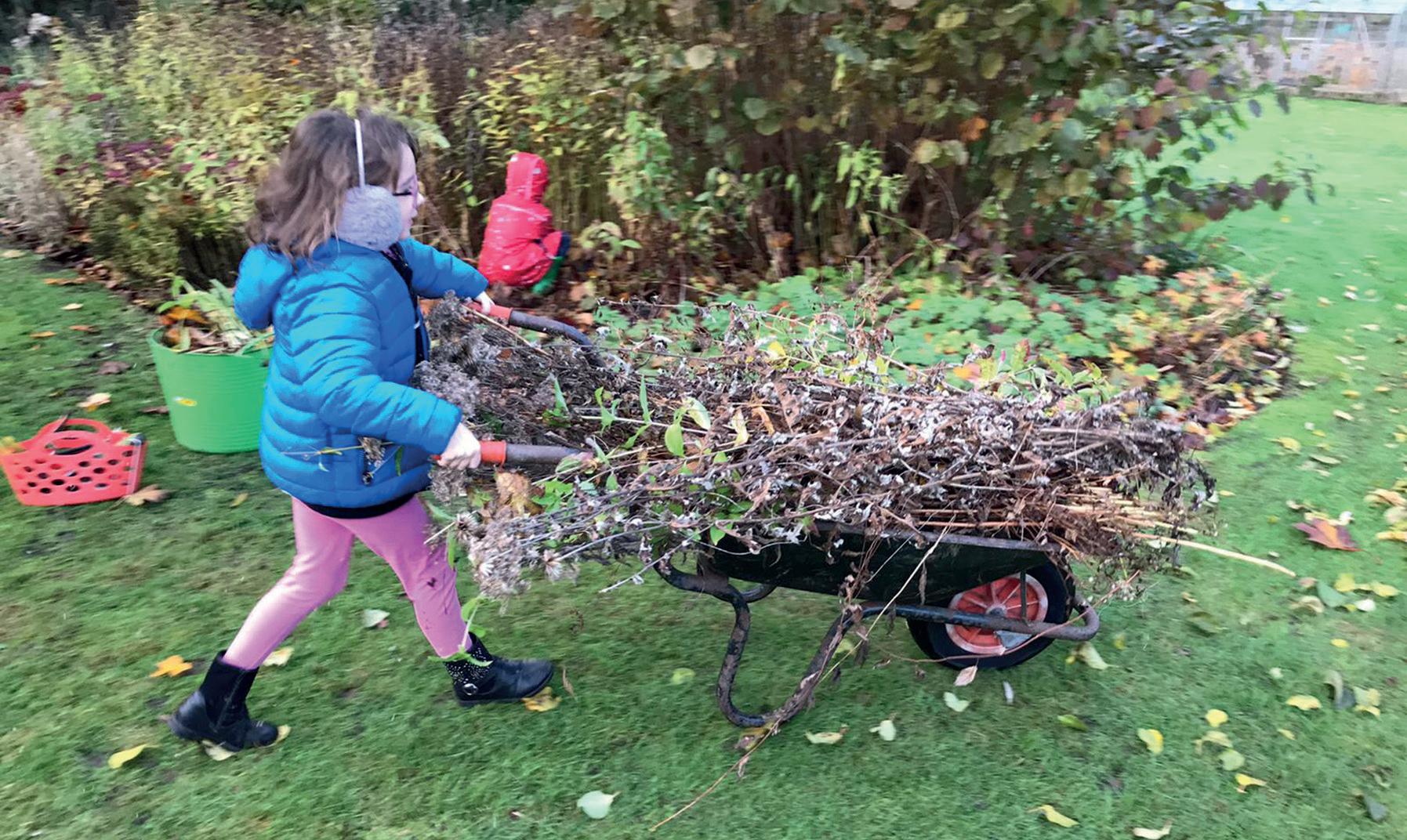
4 minute read
Money Shouldn’t Matter My Personal Stance
Money Shouldn’t Matter Article By Missy Hitchcox
My personal stance with regards to money is, “it shouldn’t matter”.
Advertisement
I say ‘shouldn’t’ as opposed to ‘doesn’t’ because the reality is that, sadly, it does. Without this man-made concept of exchanging paper and metal for everything we possess and use, virtually nothing is possible.
That said, I am acutely aware of its unimportance in regards to everything I treasure in this life, and consequently I maintain a purposeful lack of stress where money is concerned. Whether you have a lot or a little, there is one universal truth to money. Sometimes it needs to stretch farther, and sometimes it seems available in abundance. Irrespective of the specific figures, sometimes we are all poorer or richer, and it shouldn’t be something which affects our wellbeing and health through stress or lack of sleep. Because wellbeing is something money cannot buy, and should be valued above all else. I must reluctantly admit that home educating means finances take the spotlight of my thoughts more often than I would ideally like. With the children in my constant care, this means hours available to work are significantly reduced. And the expense of home educating in itself comes as a surprise to many enquirers.
I’ve lost count of the amount of times I’ve been asked, “Home schooling, hey? Are you sent work for them to do? Do you get help from the government?” And the answer is no. We don’t sit at home waiting for workbooks and a cheque in the mail. And rightly so, because mainstream schools are available. The choice to educate children without mainstream schools means their interests are free to flourish wherever their curiosity carries them. It is beautiful to watch, but detrimental to the bank account!
Currently, we attend four regular group classes per week, all different subjects and content.
In my eyes, the social aspect of these are beneficial because it gives the children a chance to regularly see familiar faces, form friendships, and it is also important for their confidence to be able to voice their opinions in front of others, share their ideas, and simply feel included as a part of something. The content, although obviously valuable, is not so vital from my parental point of view, because I am happy to be led by my daughter’s interests and waning interests. We enrol in classes and pay each term, but if when one term ends and another begins she has decided she no longer wants to take part in a class, that’s okay. Maybe she has decided it isn’t for her. Maybe she will revisit it later. But I continue to encourage and suggest activities or subjects. Last year she dropped Drama, which had been a hobby of hers since age 3, but this year she picked up Gymnastics after a lengthy absence, and she is still going very strong with Spanish and Science two years down the line.

Although I have a rough idea of the monthly figure spent on classes, I honestly don’t want to guess what I spend annually on resources for actual ‘at home’ learning. The workbooks, the informative books, the reading books, the educational toys and games, the art supplies, the stationery. And aside from that, when parents take their children absolutely anywhere it usually means enduring constant pleas of “Can I have this? Please? I really need this…” Well, I take them everywhere.
So you can imagine how many items we accumulate in the shopping basket. But in a world where I’m perpetually saying “Yes”, I am getting better at saying “No” when absolutely necessary.
And through being in the ‘real world’ every day, my child is learning the value of money. We haven’t yet done a great deal of formal work touching on money. No worksheets such as “Tim has £2 and buys three 10p sweets & a 70p can of drink. How much change will he get?” Truthfully, we would soon be bored. But she is at the shops with me, handling money, making payments, seeing price tags. She will come home and tell me how much Daddy spent on clothes! She will point out when something is a ‘bargain’ in her sassiest voice. And she is gaining a subtle understanding of being economical. We don’t need to buy what we already have. We don’t need to spend for the sake of it. To my surprise, she is appalled by plastic packaging. “The poor turtles”, she says. I don’t think she places much value on actual material things, which is wonderful.
I want to show her that managing money does matter. And being conscious of consumerism definitely does matter, perhaps now more than ever. But actual money, it doesn’t really matter.
We should prioritise health and wellbeing, family, relationships, happiness, nature, freedom, kindness.
Because ultimately, I would like her to develop the following idea about money. “It shouldn’t matter”.










